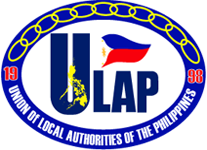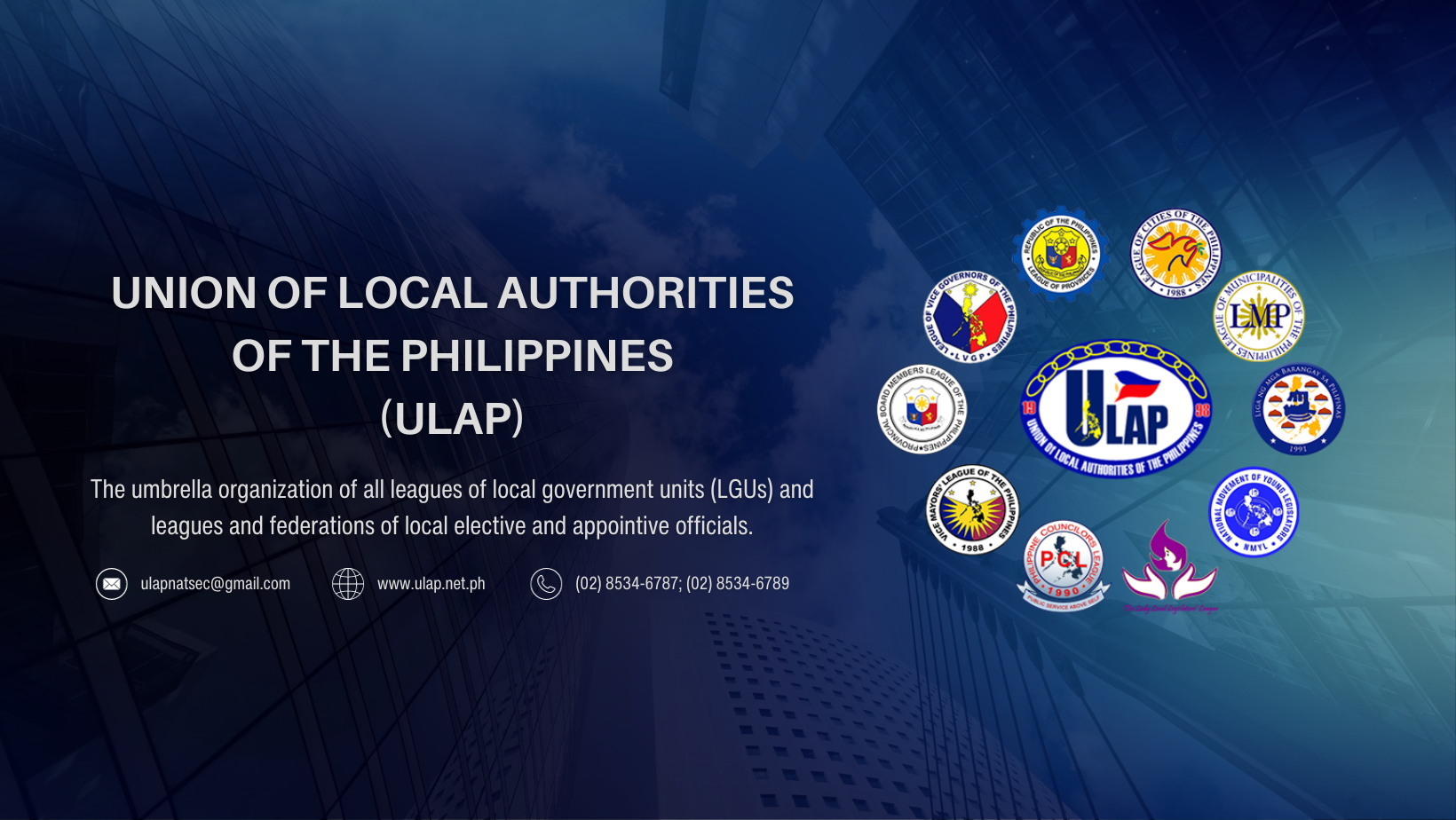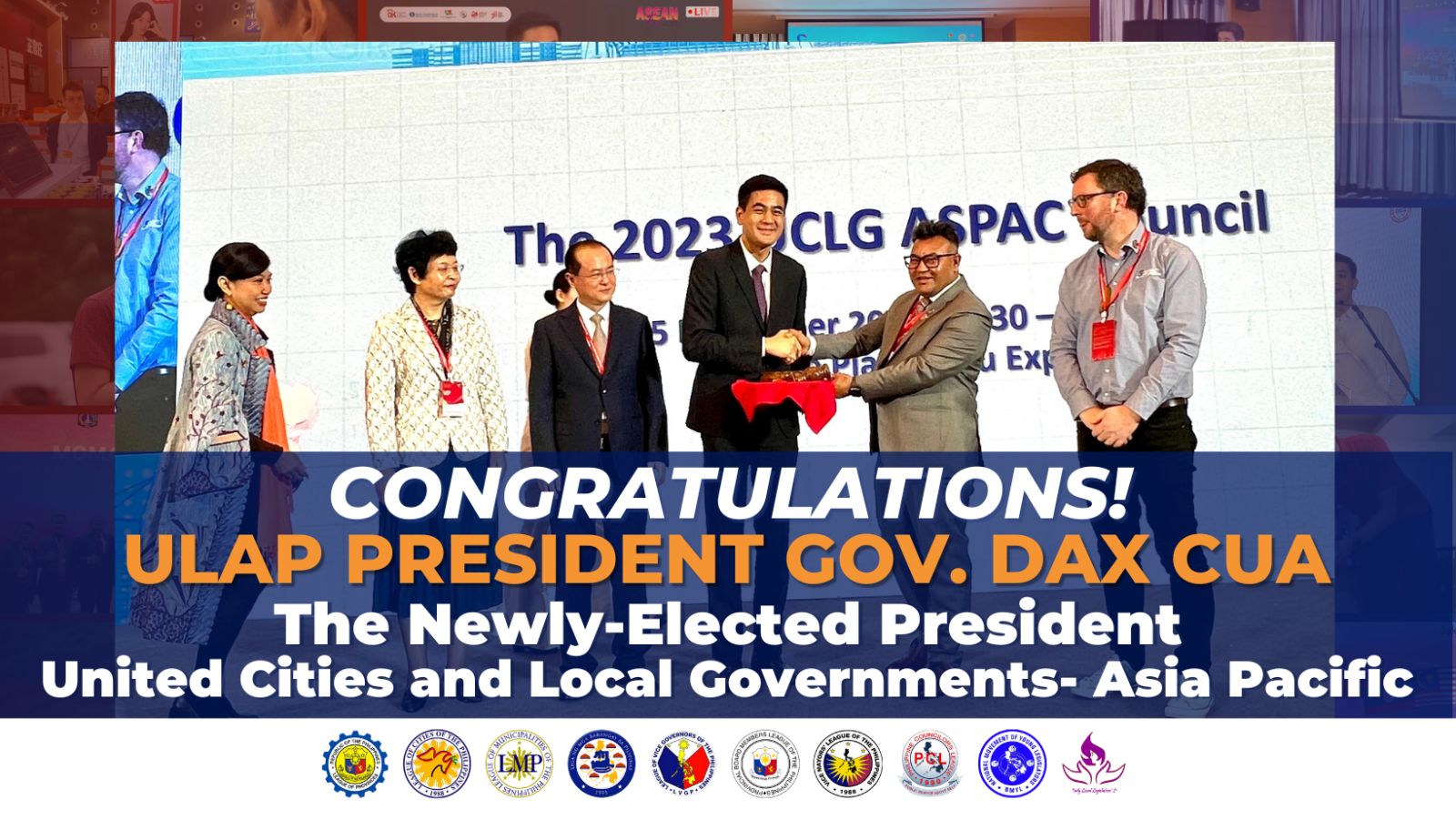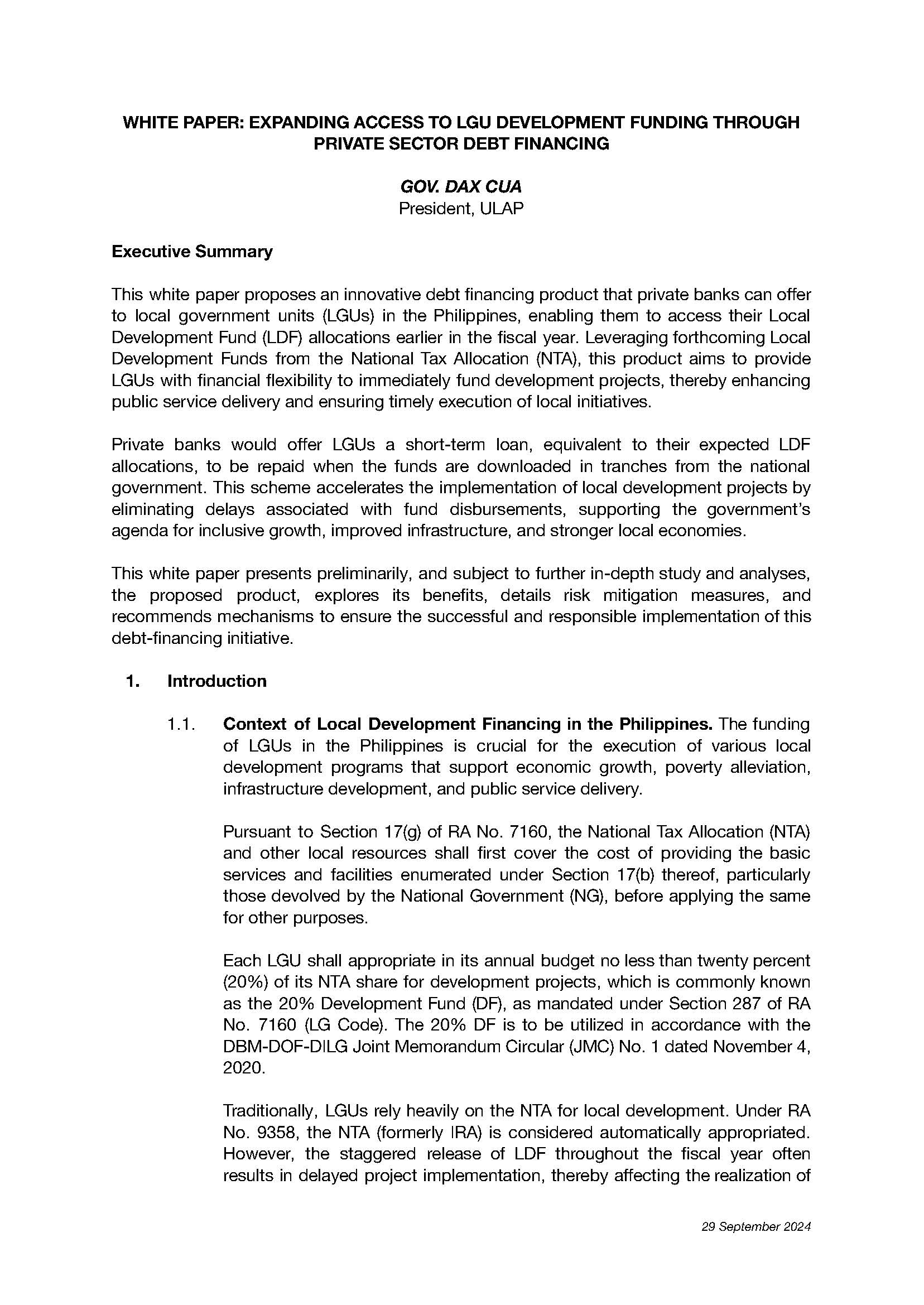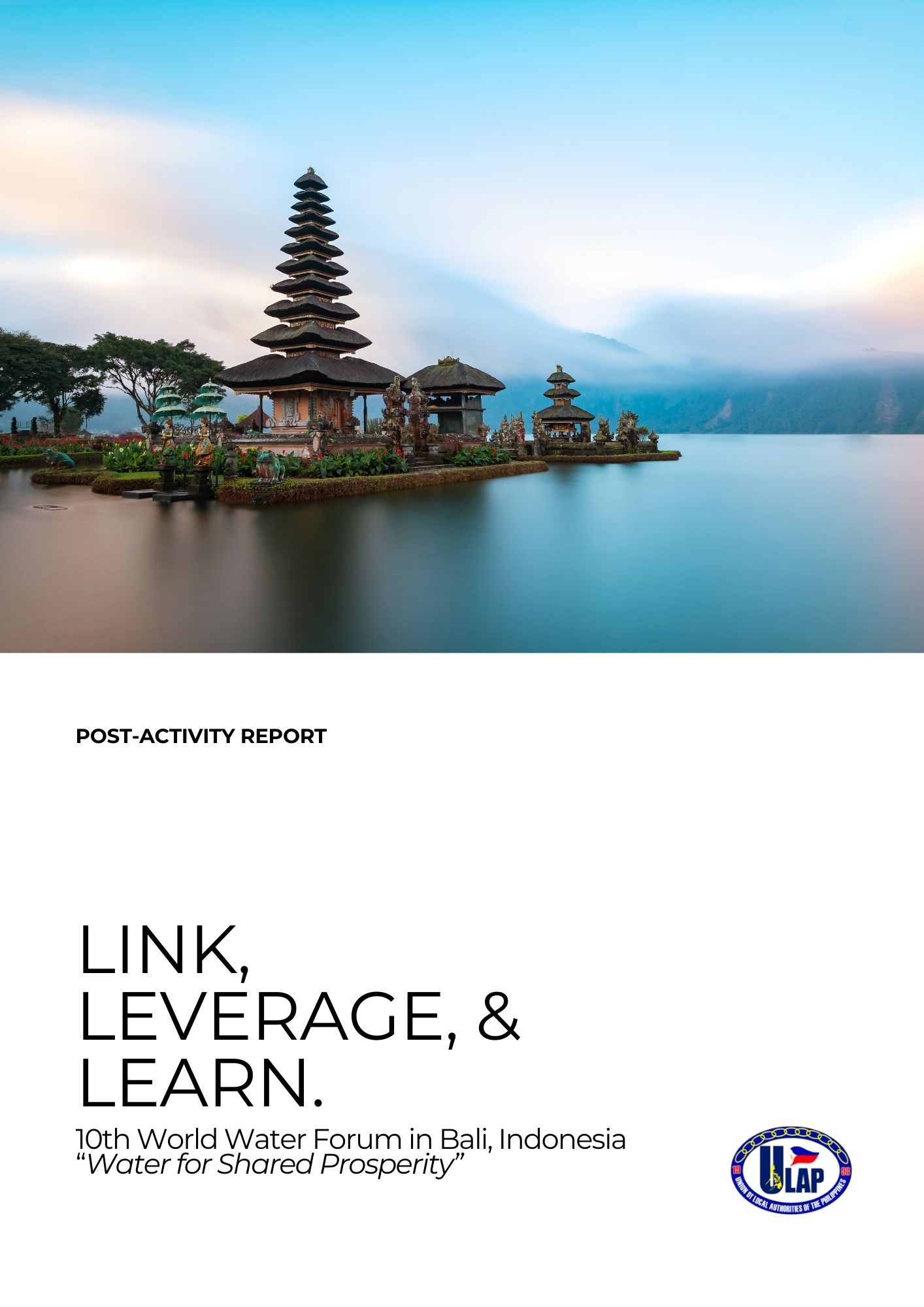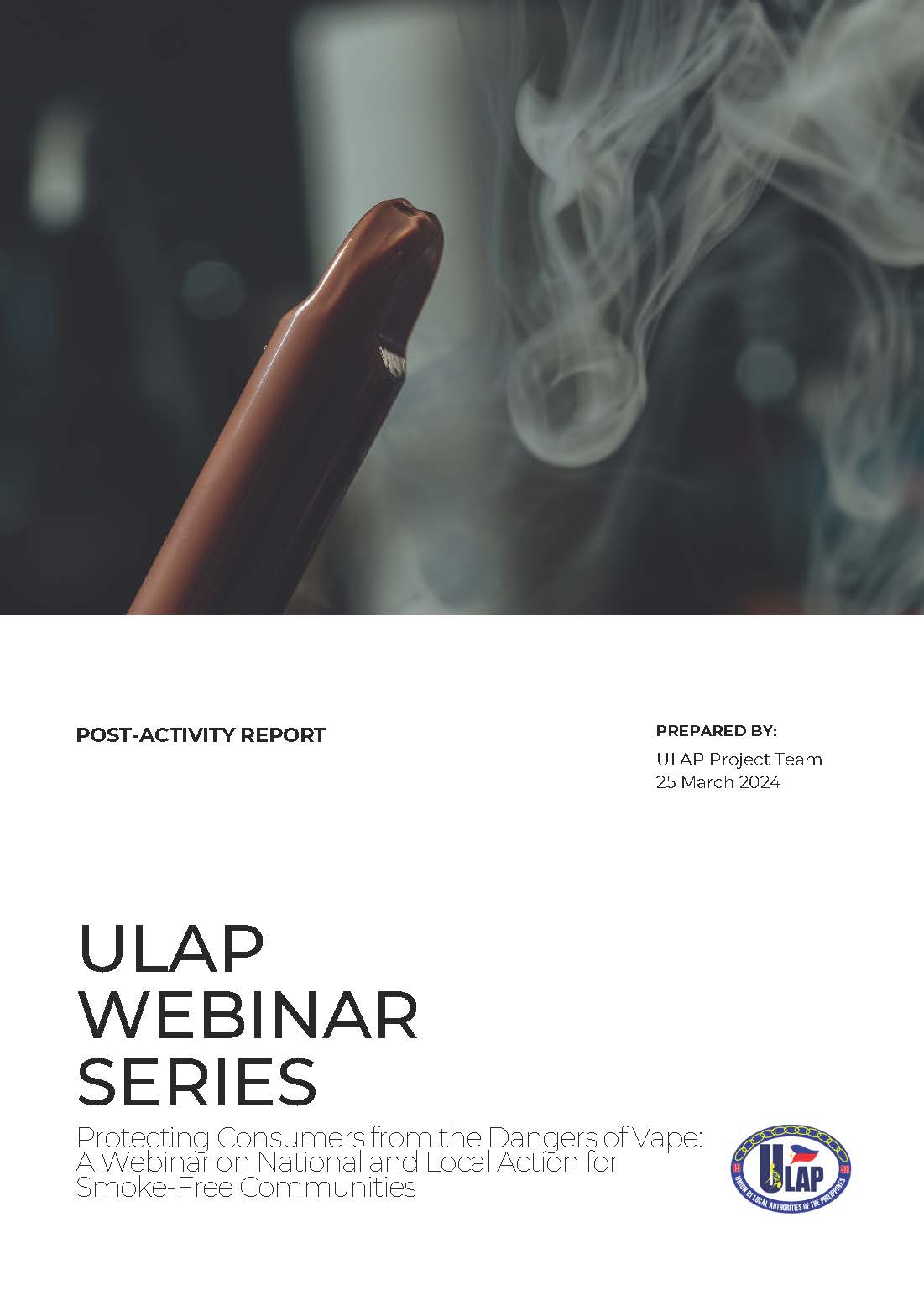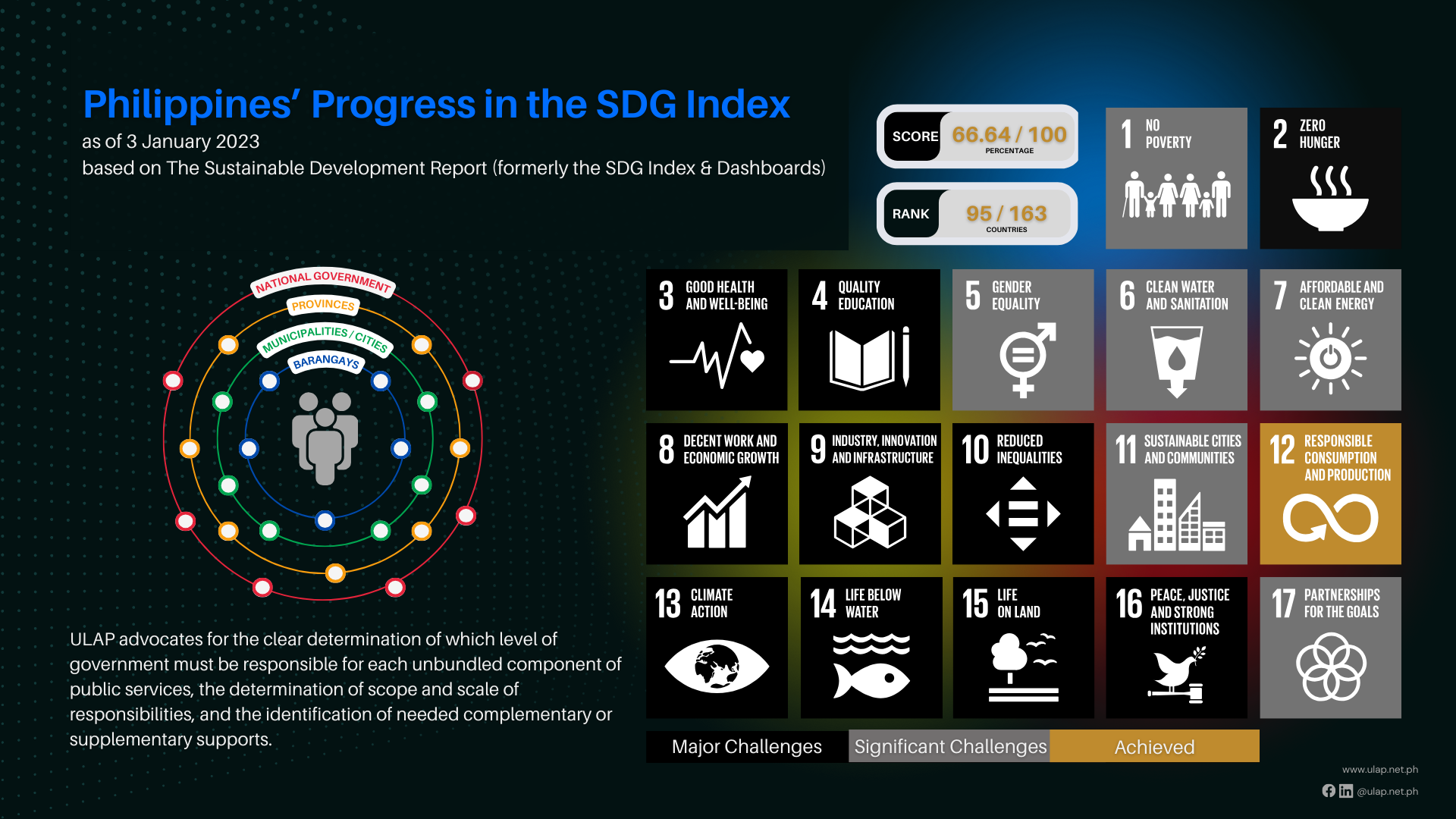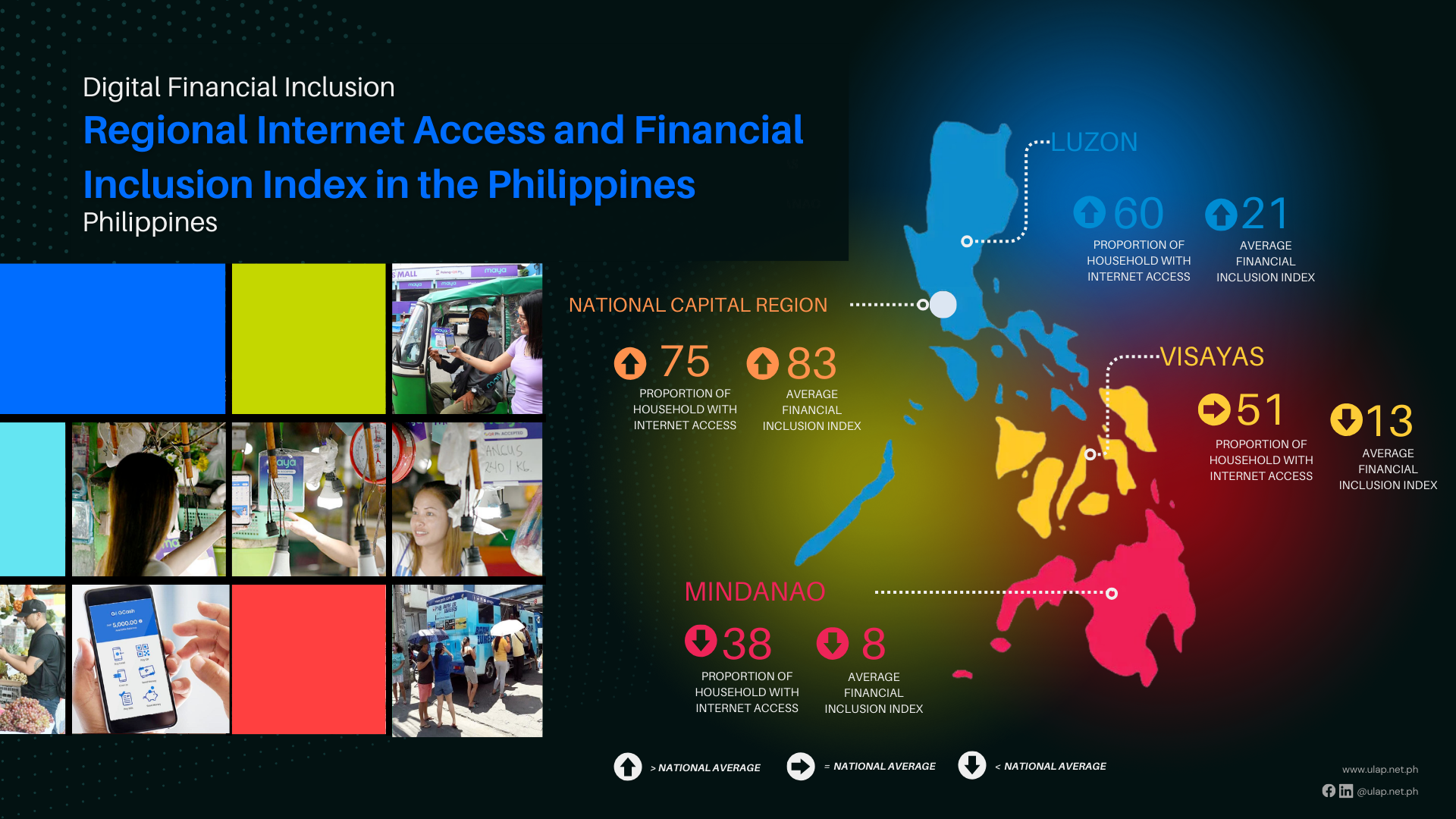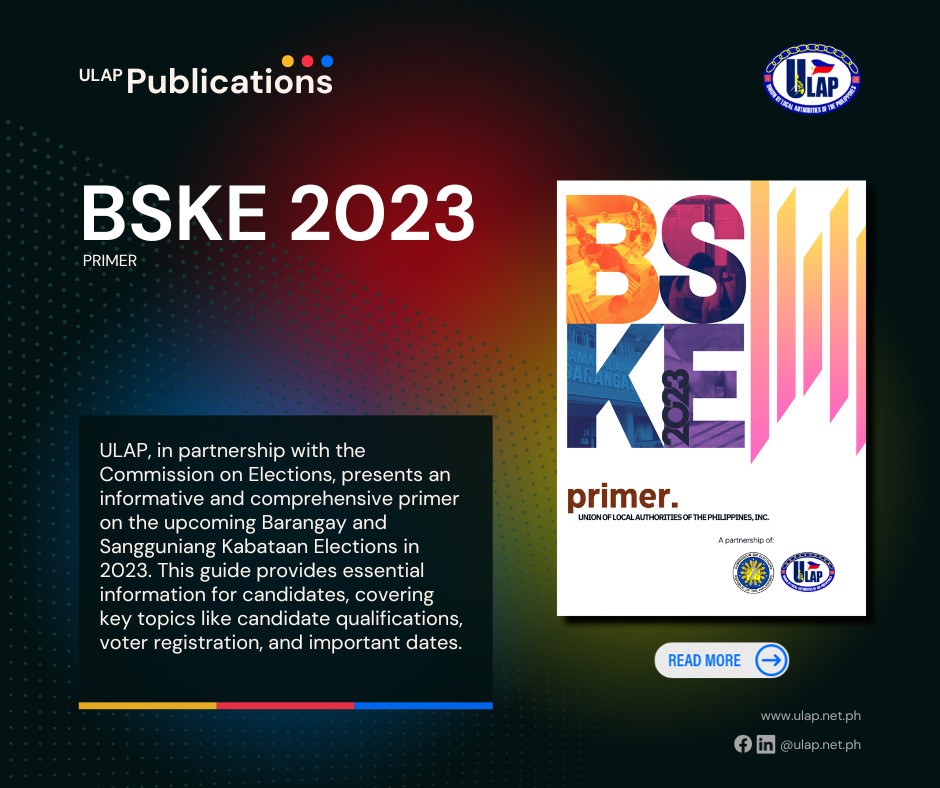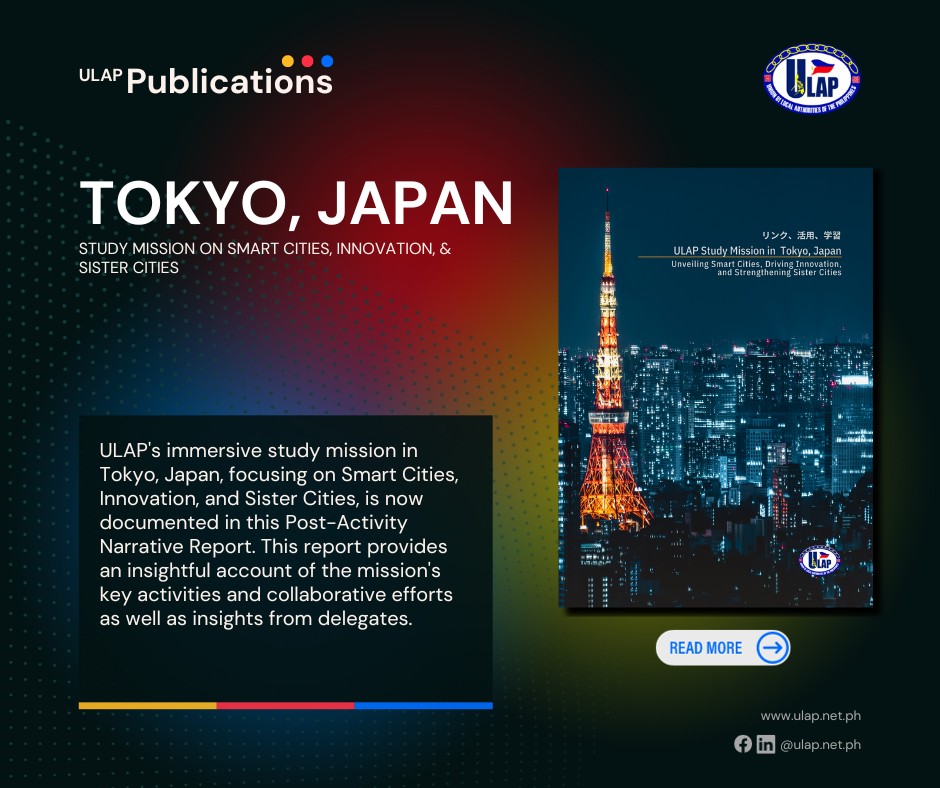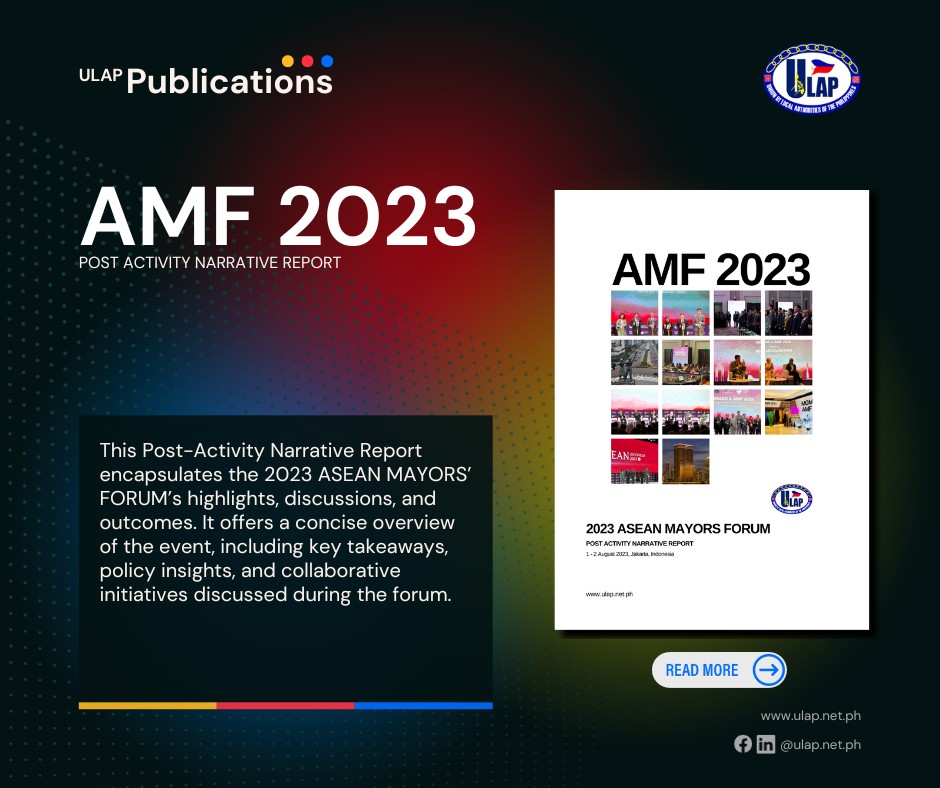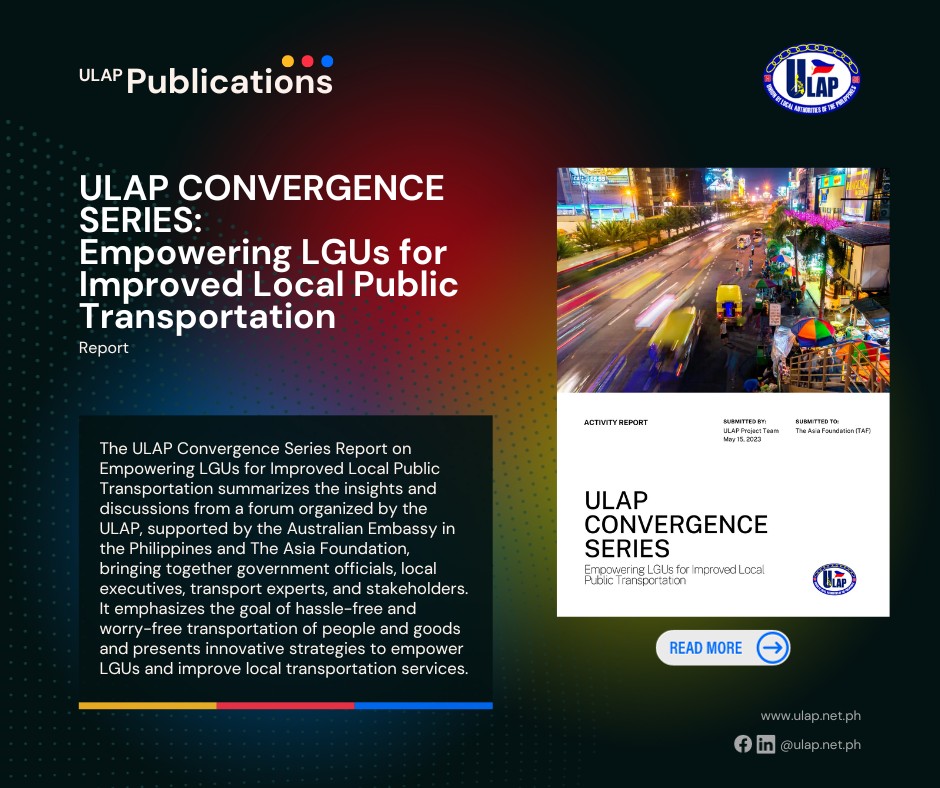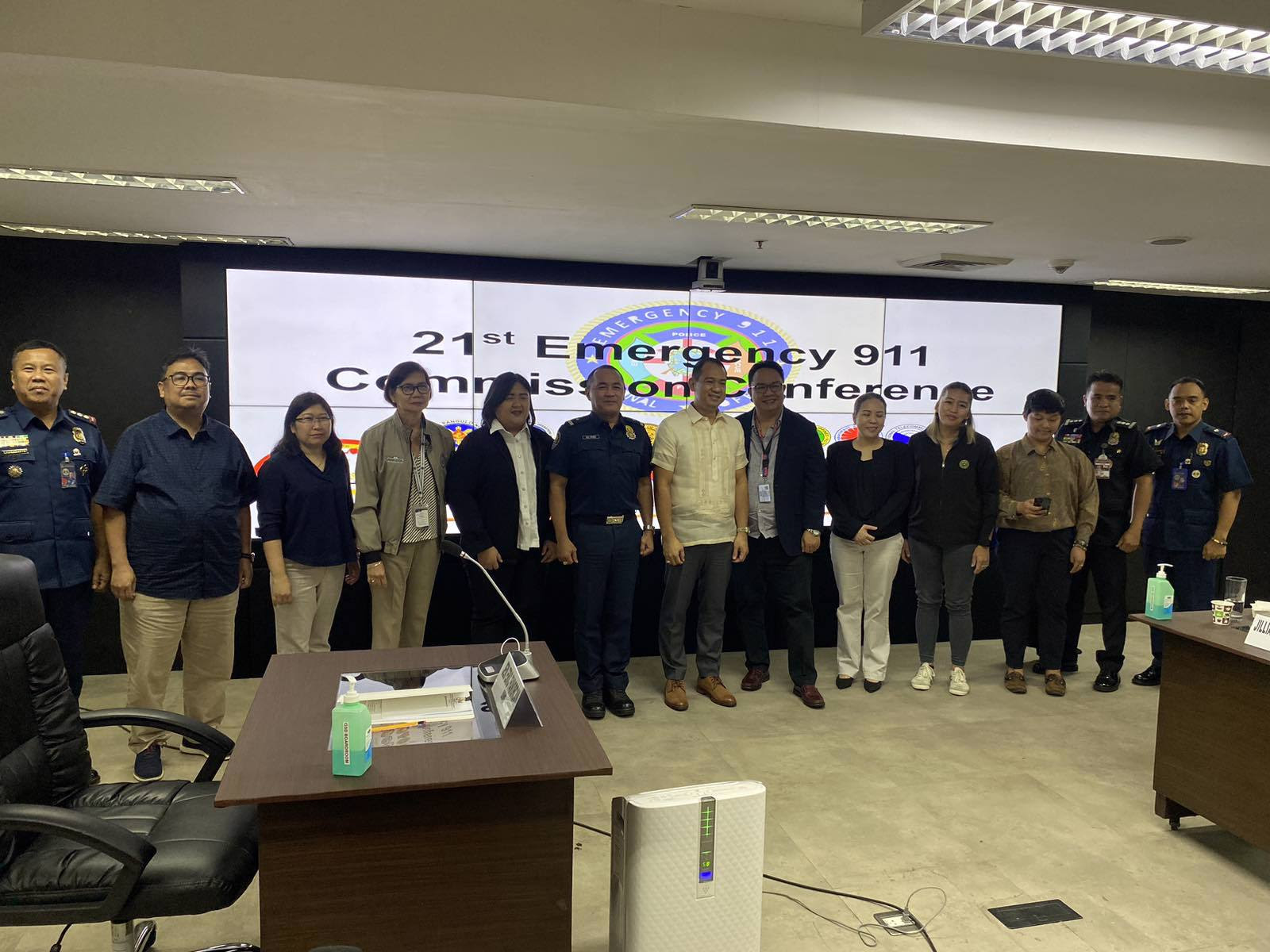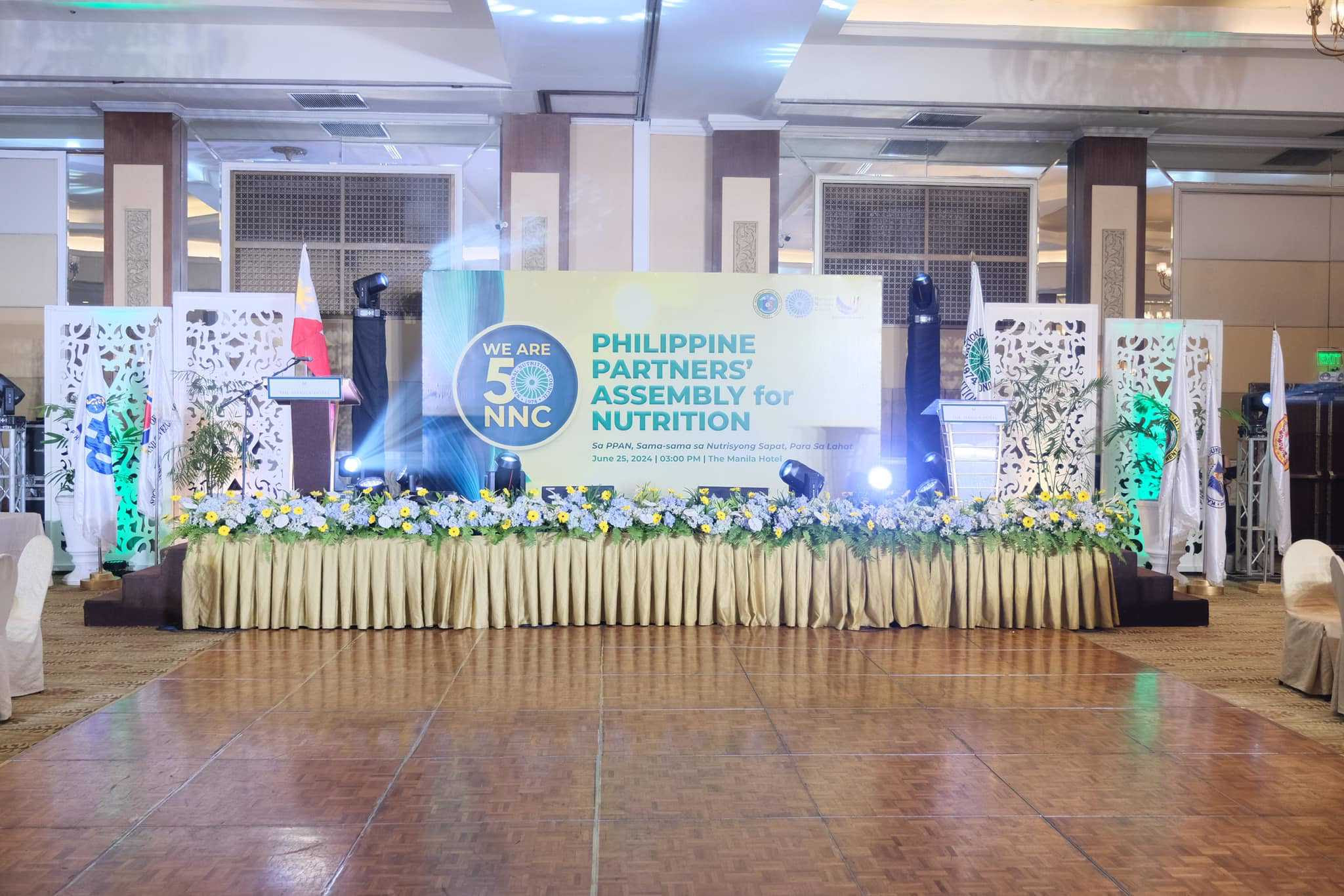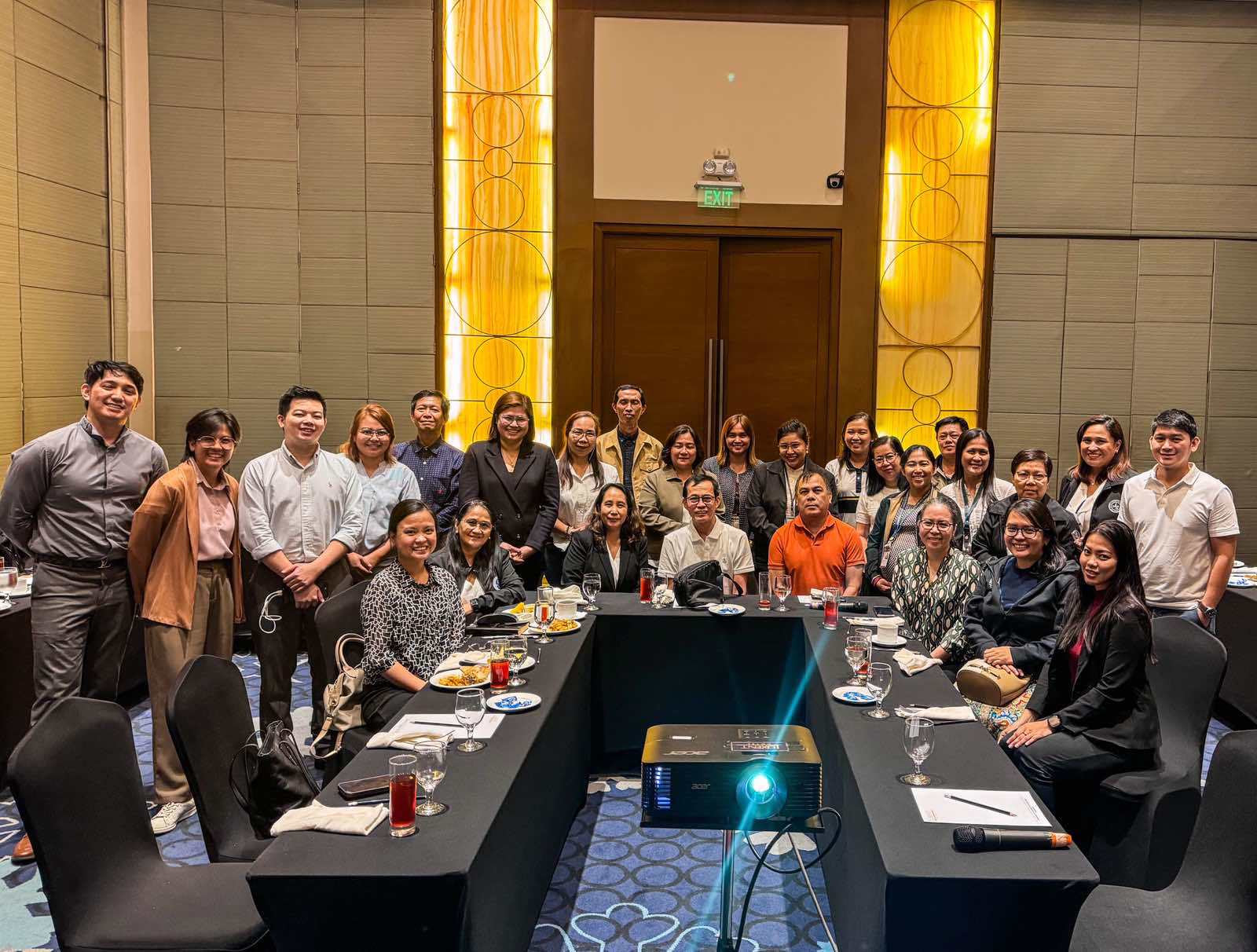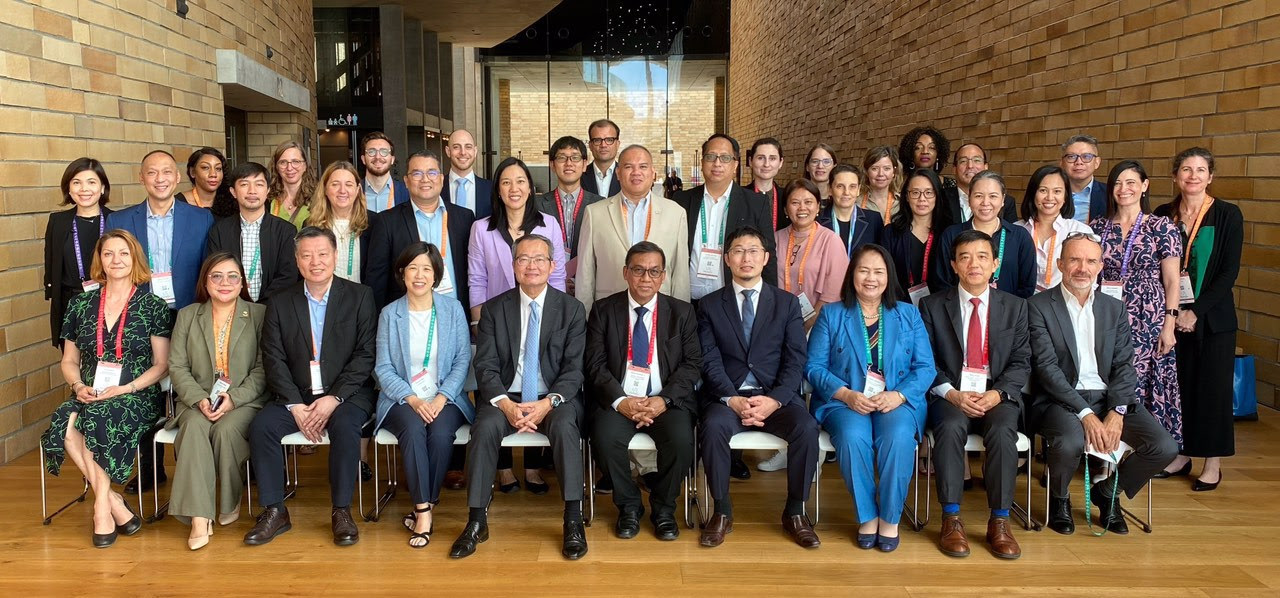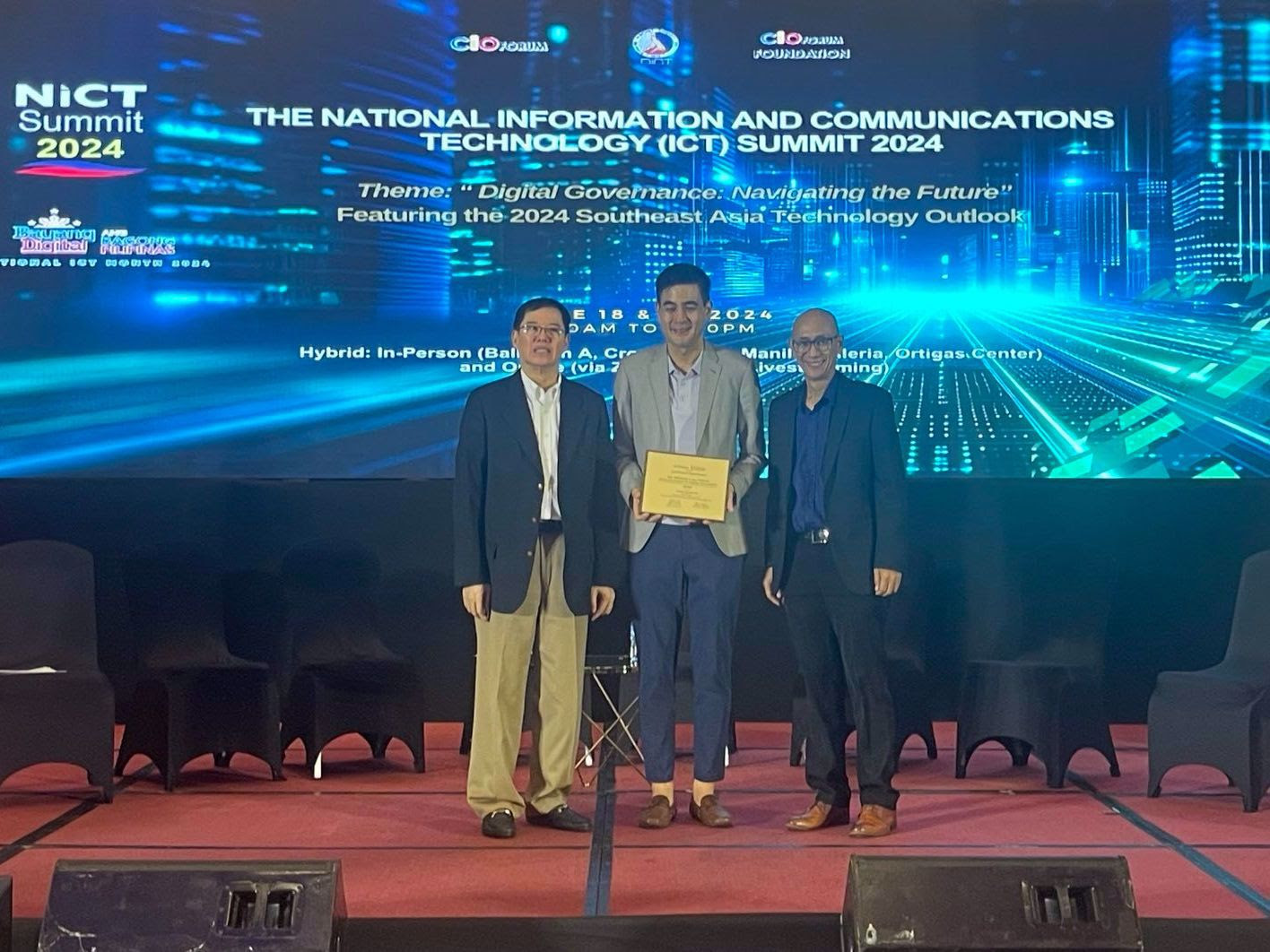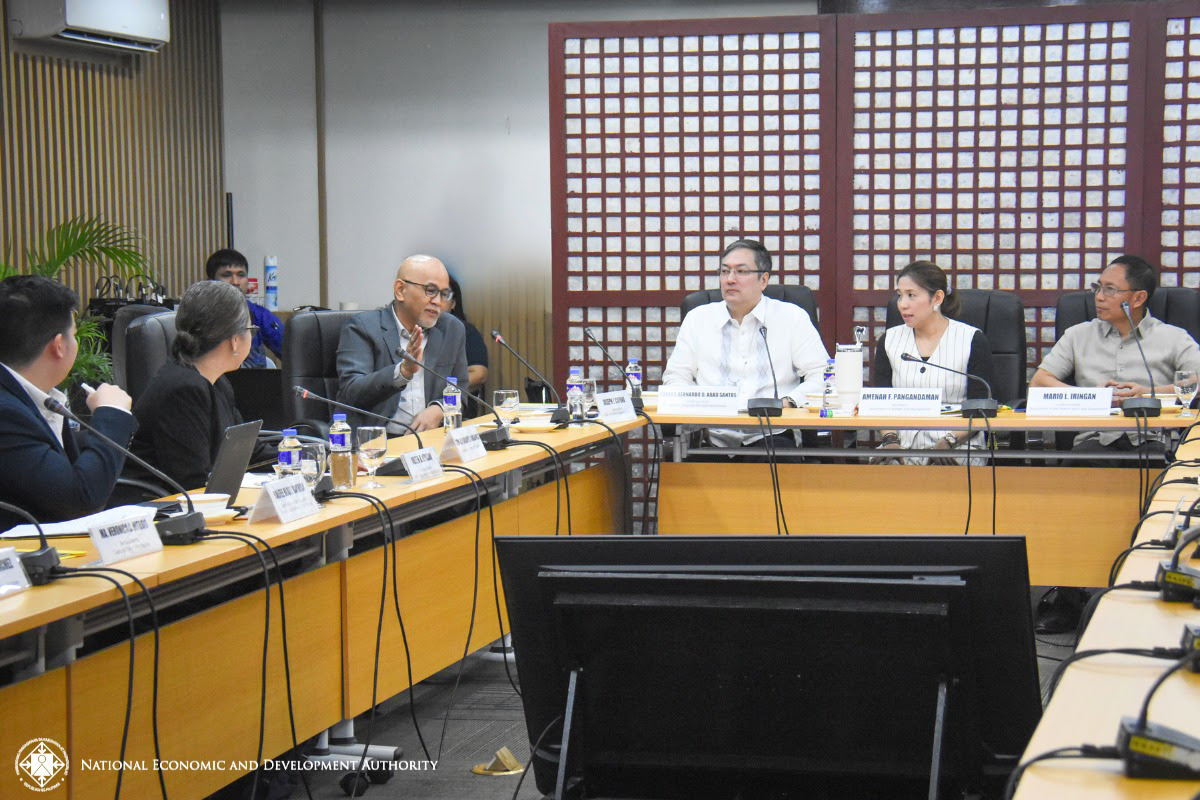Mainstreaming Migration and Development in Local Governance: Roadmap for Local Governments and Experiences from Region 4A-CALABARZON
 In the Philippines, Region 4A or CALABARZON—an acronym for the provinces of Cavite, Laguna, Batangas, Rizal, and Quezon—is a major sending region of overseas Filipinos (OFs). CALABARZON is the top sending region in the country with roughly 422,280 migrant workers abroad or 18.4 percent of the country’s 2,295,000 OF population.1 The records also show that four out of the five provinces of Region 4A (namely Cavite, Laguna, Batangas, and Rizal) are among the top 10 sending provinces in the country.
In the Philippines, Region 4A or CALABARZON—an acronym for the provinces of Cavite, Laguna, Batangas, Rizal, and Quezon—is a major sending region of overseas Filipinos (OFs). CALABARZON is the top sending region in the country with roughly 422,280 migrant workers abroad or 18.4 percent of the country’s 2,295,000 OF population.1 The records also show that four out of the five provinces of Region 4A (namely Cavite, Laguna, Batangas, and Rizal) are among the top 10 sending provinces in the country.
The size of the OF population in CALABARZON translates into high amounts of remittances received, which is considered a non-traditional investment in the region. As such, mobilizing OF remittance for local economic development garnered action from the private and public sector since 2010. Resource mobilization initiatives have since then been pilot-tested in Italy 2010) and United Arab Emirates (2012).
Notwithstanding the socio-economic gains derived from the large OF population in the form of their remittances, an indelible part of the migration reality are the social costs and challenges experienced by migrants, their families, and their communities. The question on how the gains of families and migrants can be sustained through investments and technology transfer is ever present. As such, there is a need for programs and systems that will facilitate effective management of migrant skills and investments towards local development, building towards better employment opportunities and expanded sources of income for OFs, their families left behind, and the local communities-at-large. Additionally, the social costs of migration have to be minimized, in terms of proactively protecting the rights of migrant workers, and attending to the psychosocial needs of the OFs and their families.
The mere size of the population affected by migration warrants attention from local government units (LGUs) who are increasingly being aware of the magnitude of this issue. One of the earliest advocates in the region of bringing migration and development (M&D) in the forefront of public and private convergence initiatives is Atikha Overseas Workers and Communities Initiatives Inc. 2, or Atikha, a non- government organization based in in San Pablo City, Laguna. Among Atikha’s initiatives are:
- Building the capacity of the local government and civil society (both locally and internationally through the migrant leaders in Italy, UAE, and Qatar) in addressing the social cost of migration and maximizing its development impact;
- Doing advocacy work for the involvement of the LGUs; and,
- Engaging with schools and private sector in crafting economic and social interventions for the OFWs and their families.
Through the previous engagement of Laguna, Batangas, and Cavite in the JMDI Phase I project, otherwise called “Maximizing the Gains and Minimizing the Social Cost of Overseas Migration in the Philippines,” an M&D initiative that ran from 2009 to 2011, champions from the ranks of the LGUs, migrant and family organizations, cooperatives and other private sector and civil society organizations have already been established. The work done during this period adds to the region’s potential in further expanding M&D initiatives for the benefit of local and regional stakeholders. This also led to the creation of creation of an ad hoc Committee on Migration and Development in the Regional Development Council, which has been working towards interventions that would address not only the cross-cutting issues relative to the social cost of migration particularly those affecting women and children, but also, mainstreaming M&D in existing policy structures and development plans to pursue inclusive growth in the region. As such, the Updated CALABARZON Regional Development Plan 2011-2016 identified migration as one of the opportunities that should be tapped in hastening the development of local economic activities.Given this context, the SUMMID CALABARZON project aims to strengthen, upscale and mainstream migration and development in the local level through inclusive and sustainable programs that will minimize social cost and maximize gains of overseas migration. The project implementation is supported by the United Nations Development Program (UNDP) through the Joint Migration and Development Initiative (JMDI) and grant support from the European Union and the Swiss Agency or Development and Cooperation. SUMMID CALABARZON is led by the National Economic and Development Authority of CALABARZON (NEDA 4A) through the Committee on Migration and Development (CMD) of the Regional Development Council (RDC). The project is co-implemented by the Commission on Filipinos Overseas (CFO), Atikha, the Union of Local Authorities of the Philippines (ULAP), and the Department of Interior and Local Government (DILG) - Local Government Academy (LGA). The project primarily aims to:
• Develop and institutionalize development framework in mainstreaming migration and development (M&D) into the subnational/local development planning in the identified project areas;
• Develop a unified and sex-disaggregated M&D database in the region for better targeting and identification of appropriate interventions;
• Reinforce convergence initiatives, develop engagement models and knowledge products, and strengthen capacities of local government units, NGOs, migrant organizations, private sector in establishing operational migration resource centers and providing comprehensive social and economic gender-sensitive programs to minimize the social cost and maximize the gains of migration; and
• Enhance the engagement of OFs and their families in the mobilization of migrant resources through various initiatives locally and abroad to promote investment and entrepreneurship to create jobs and economic opportunities.
ULAP has led the development of this knowledge product documenting the experiences of the CALABARZON provinces in mainstreaming and scaling up the M&D initiatives in the provinces. This knowledge product also contains the documentation of the regional framework of engagement done by the project implementers. As necessitated by engagement with provincial governments, ULAP added a Mainstreaming M&D in Local Governance Five-Pillar Approach, which is meant to be a reference for LGU governors and mayors, and legislative officers to conceptualize how M&D programs can be harmonized with existing programs, sustained and institutionalized in various local levels, and implemented with corresponding evidence-informed policy-making, communication, and service delivery components.
The DILG-LGA, as its commitment to the SUMMID CALABARZON project, is packaging the documented experience of the region online materials that can be part of their existing development and training programs for local government officials.
12013 Philippine Statistics Authority data. https://psa.gov.ph/content/statistical-tables-overseas-filipino-workers-ofw-2013
Atikha is a non-government organization that provides economic and social services to overseas Filipinos and their families in the Philippines. The organization aims to help address the social cost of migration and tap the development potential of migration. Further information
regarding the organization can be accessed through http://www.atikha.org/.
The Regional Development Council (RDC) is mandated to coordinate the various development efforts in the CALABARZON Region. The Regional Development Council of NEDA 4A serves as the primary coordinating body and chair of the CALABARZON Committee on Migration and Development (CMD). It coordinates with regional offices of NGAs on how their existing services for OFs can be harmonized with the programs of other agencies and how other agencies with no specific program for OFs can still help carry out the M&D agenda. Information regarding the RDC and the CALABARZON CMD is further discussed in detail in Chapter 3A of this study.
The complete document can be accessed through http://www.neda.gov.ph/wp-content/uploads/2013/10/RegIVA_RDP_2011-2016.pdf.

